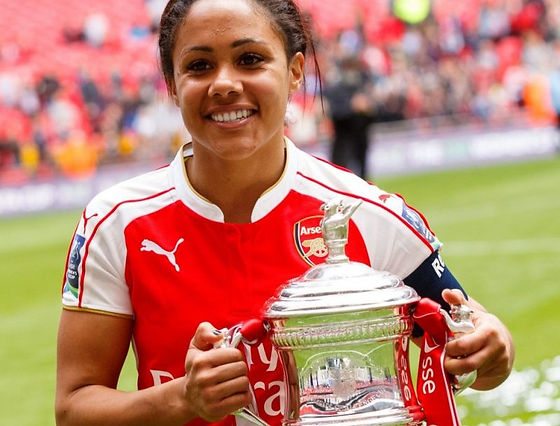Visit your local park on any weekend and you will find dozens of people playing football. Some of the games will be organised, others ad hoc kickarounds.
There will be youth matches with agitated parents. Some of the adult teams will be playing in local leagues and some playing for the love of the sport. There will be both boys and girls. In fact football is now the most popular sport for girls in schools, growing rapidly ever since the Lionesses won the Euros at Wembley in 2022.
This is the broad base of the football pyramid. Wide and strong, all these people loving the sport. As the talent rises higher in the structure, it goes towards the peak which is the professional game, and the very top is of course the Premier League. However the peak no longer seems to want to stay connected to the base, and that is concerning for the future.
Way back in the 1990s, there was a threat of a complete breakaway by some of the nation’s top clubs. They wanted to create a “Super League” with closed membership consisting of those teams with the most support. They no longer wanted promotion and relegation.
However after haggling, they eventually agreed to a structure that gave the new competition a new name, “Premier League”, and renamed the lower leagues too. Promotion and relegation would continue, and the main advantage the elite clubs gained was from a cut of the TV money. That money split the top away from the middle and bottom. Not so long ago, players in the lower divisions and even in the semi professional leagues under them would be spotted, purchased by top clubs, and thrive.
Ian Wright is a fine example. Encouraged by a teacher at his school as you can see here, he went to a local amateur club, and whilst playing for Greenwich Borough was spotted by the Dulwich Hamlet manager and recommended to Crystal Palace, and then ended up as a superstar at Arsenal. I doubt that would happen today. The money is so high that clubs would rather buy from overseas than look around the country. Fewer and fewer players from Scotland and Ireland end up in the Premier League. Easier to buy from European clubs.
Rights for screening live matches on Television are a valuable commodity. It brings money into the sport, but there are troubling questions as to how this cash is distributed and about the care and support given to young people whose talents may be identified in these very local parks, and then get recruited into clubs’ academies.
Elite clubs fill their academies with talented footballers, dangle a dream in front of them, and then drop them. There has for years been a recognised school to prison pipeline, where young people who were failed by schools end up in gangs, selling drugs, and end up in jail. Now there is an increasing Academy to prison pipeline too as teenagers who believed their life was going to consist of fast cars and big houses end up on the scrap heap at 18, and had focussed on football training rather than study, turn to drugs and end up in prison.
An increase in overseas ownership of the giant clubs has added to the separation from the rest of the clubs in the country. It is not good for the sport if only the elite can thrive whilst the rest struggle. There is no doubt that the Premier League academies produce some superb young players, and the success of the England Under 21s proves that. But if the peak of the soccer pyramid continues to separate financially from the base, the sport will be in danger of failing. Sponsors will not support small clubs who have few followers, and youngsters will simply want to follow the top teams, but not be able to obtain tickets, or even afford them.
Now the TV companies want to screen live matches at 3 p.m. on Saturdays which is not permitted at this time, and that will once again pull people away from lower league clubs and whilst they may be financially compensated, league matches need local supporters, and smaller clubs need to attract young supporters for their future.
This is far from new, but the 3 p.m. live matches could tip the lower level game over the edge and should not happen. Money talks, and it always will. But it should not monopolise the competition. Funds should be used to build top class academies in all professional clubs, so those who do not succeed at Premier League academies can move to another level where they may well do, and educational standards should be compulsory for all within them.
The same thing is happening in the women’s games as Chelsea, Manchester City and Arsenal thrive in the Champions’ League they pick up players from Europe, and perhaps this is why there are no young Black players in the Lionesses’ squad whereas just a few years ago Eli Aluko, Nikita Parris and of course Alex Scott were the superstars. This could have an impact on those young girls watching today who may feel they have no future.

If change does not happen, the top of the pyramid will eventually find that the base will crumble, and without that stability underneath, the top will shrivel and may one day be very small indeed.
